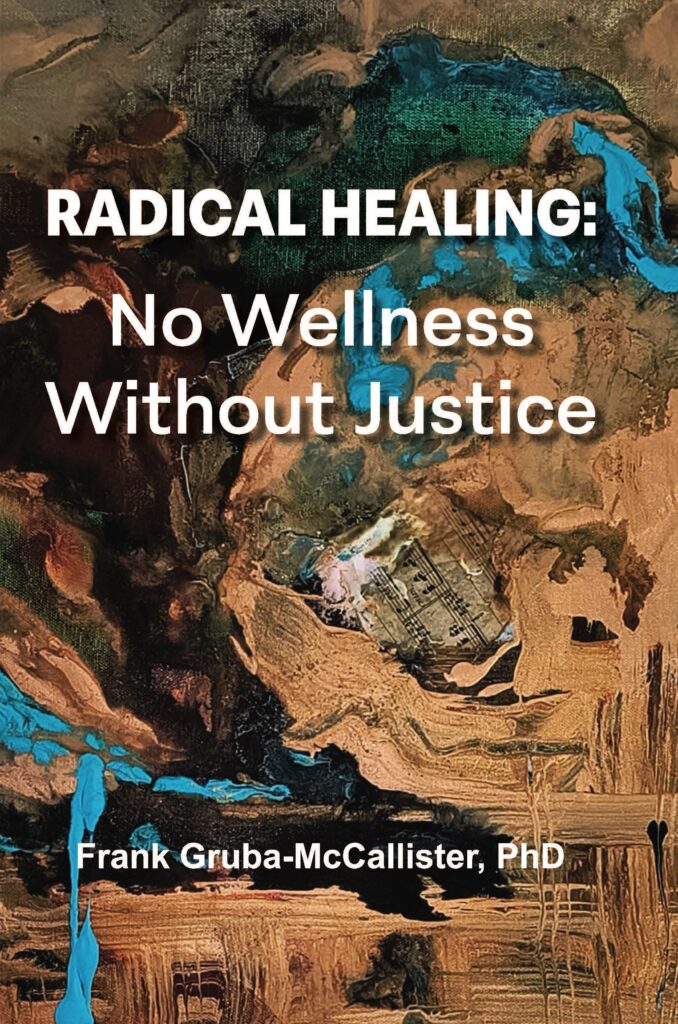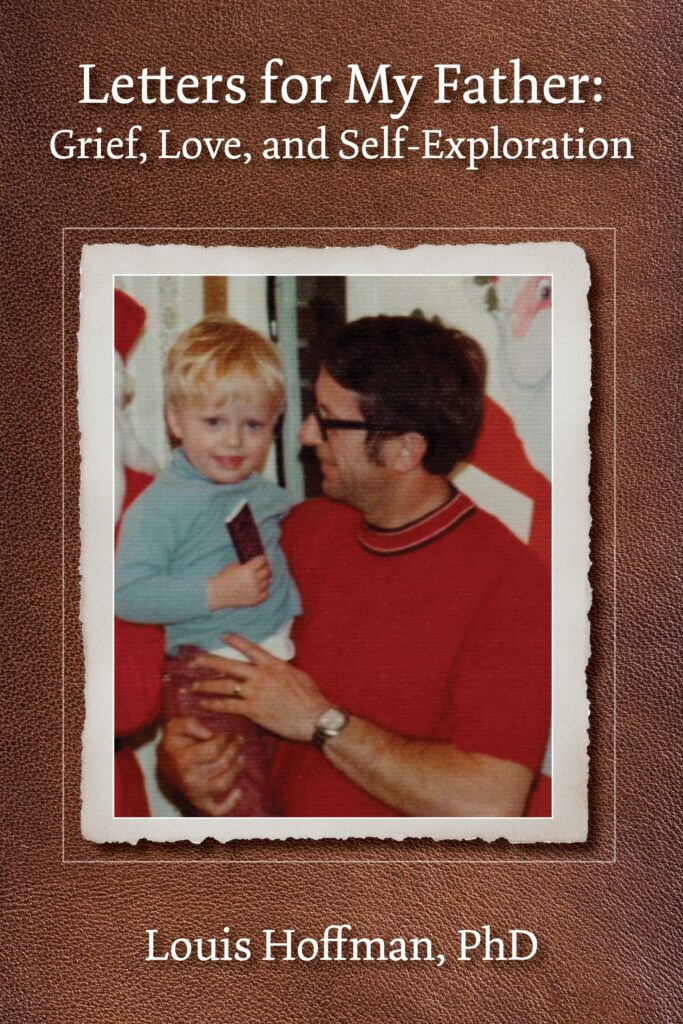
Radical Healing: No Wellness Without Justice
We live in very dire and dangerous times. Not long ago there was a COVID-19 pandemic that caused death, grief, despair, and massive upheaval. It also dramatically exposed the lethal consequences of injustice rooted in the greed, hyper-individualism, inequality, and dehumanization advocated by capitalist ideology. Further, it revealed authoritarianism, xenophobia, anti-intellectualism, and contempt for the weak connected with the associated ideology of fascism. Now with the election of Donald Trump, more egregious and widespread injustices reflecting unchecked capitalism and fascism are becoming a daily occurrence. We are experiencing what Naomi Klein (2023) called a “state of shock” in which a precipitous and extraordinary event uproots and violently disorients individuals. This event creates uncertainty and a sense of alienation that is so disturbing that people often engage in desperate attempts to restore a sense of order and meaning, even adopting solutions that are self-deceptive and self-destructive. These events and their impacts validate the assertion that the greatest cause of human suffering is forms of injustice, such as exploitation and oppression. Unless this injustice is acknowledged and eliminated, wellness is impossible.
This is the core message of Radical Healing: No Wellness Without Justice. Radical circumstances require a serious rethinking of the assumptions of a mainstream psychology that not only subscribes to capitalist ideology but works to obscure its working and to impose it on those seeking care. The alternative is to be truly radical by appreciating the two meanings of radical (to be rooted and to uproot) and adopting the associate roles of the contemplative and prophet. A truly holistic framework is provided expanding beyond personal sources of suffering to include spiritual and social. Insights from humanistic, transpersonal, and critical psychology are woven together to describe a comprehensive model of radical healing that takes full account of the ways that injustice cause affliction. Adverse ideological causes are unveiled and challenged so that they can be uprooted and transformed to a liberatory alternative. Moreover, the overly individualistic paradigm of mainstream treatment is critiqued as incomplete. Unless systemic injustices are eliminated, true well-being cannot be achieved. The book concludes by proposing an alternative ideology based in democratic socialism and describing how collective transformation can be pursued.

Letters for My Father
Letters for My Father explores grieving and making sense of a relationship between a father and son while also being so much more. Written by the influential existential psychologist Louis Hoffman, who has worked extensively with grieving throughout his career as a psychotherapist, this is also a book of love, self-exploration, relational depth, and the world and realities that shaped his relationship with his father. As Hoffman journeys into grieving, he journeys into himself and into existence. The chapters include touching letters honoring his father, working through unresolved issues, seeking acceptance, exploring the racial realities of a biracial family, and finding places of connection. Throughout, a holistic process of grieving is modeled. As Letters for My Father illustrates, the grieving process is not just about trying to “get over” a loss. Many losses, such as the loss of a parent, are something we never get over but rather integrate and learn to live with in new and sometimes vibrant ways. Hoffman demonstrates that one can find a way to live with grief in a way that includes beauty, joy, and preserved connection alongside the pain.
Any grieving includes a journey into oneself, which Hoffman does with stunning transparency and honesty. In these letters, he finds places of connection and similarity as well as places of disconnect and differences. Both are part of his healing process and deepening his connection with his father. As he shares, through writing these letters he has found a way to preserve meaning and relationship and to even grow closer with his father. Hoffman also investigates how the process of grieving and writing these letters have helped strengthen and center his connection with himself while returning to his lifelong commitment to living with relational depth.
Letters are also written to family members, colleagues, mentees, and others, illuminating the impact his father had upon people surrounding him while engaging in a communal grieving process. While reading, keep some tissue handy as Letters for My Father is sure to bring tears and prompt self-reflection from the reader.